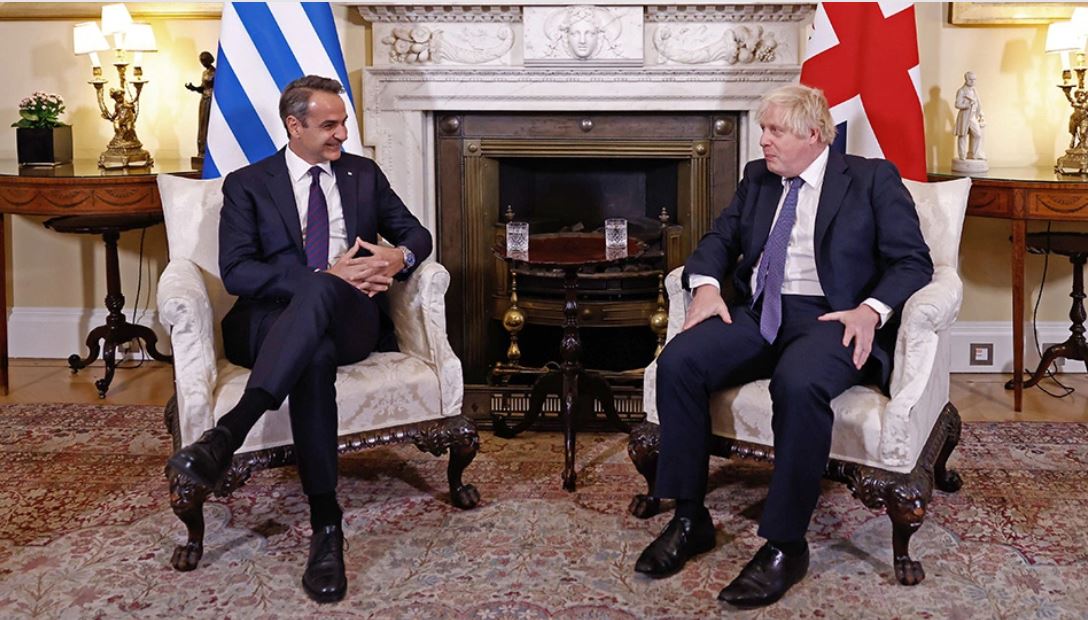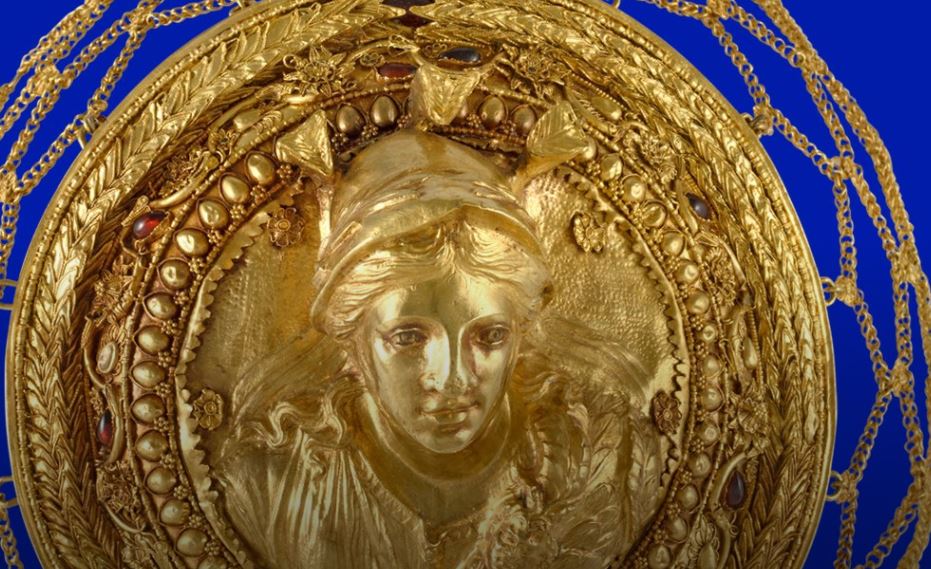Tuesday, 16 November began with Prime Minister Mitsotakis on ITV's Good Morning Britain.
Greece's Prime Minister, Kyriakos Mitsotakis spoke about his nation's handling of the pandemic and on going measures; the challenges and risks facing migrants and refugees; explained that it is the long and respectful cooperation between Greece and the UK which he hopes will catapult the UK into enganing in bi-lateral talks to find a solution for the reuification of the Parthenon Marbles.

"Where there's a will", Prime Minister Kyriakos Mitsotakis added, the continued division of the sculptures from the Parthenon would be resolved.
BCRPM have campaigned for nearly 4 decades and continue to do so reinforcing that this is about reuniting a peerless collection of sculptures that belong to the Parthenon, which still stands. A magnanimous gesture from the UK to Greece in this special year, the 200th year of Greek independence would be hugely welcomed. Sentiments echoed by Prime Minister Mitsotakis.
The meeting at No 10, which followed on the same day was also covered by most of the media, you can read the summary from UK Government portal here. The concluding paragraph reads:
Prime Minister Mitsotakis raised the issue of the Parthenon Sculptures. The Prime Minister ( The Rt Hon Boris Johnson MP) said that he understood the strength of feeling of the Greek people on this issue, but reiterated the UK’s longstanding position that this matter is one for the trustees of the British Museum.

Only two months ago it was UNESCO's ICPRCP that concluded at the 22nd session, which ended on the 29th of September evening, the Committee issued (due to the countless efforts of Greece and the invaluable support of Zambia, Egypt, and other countries-members of the ICPRCP) for the first time, a Decision concerning specially the issue of the return of the Parthenon Sculptures. The Committee urged, through the Decision, the United Kingdom to reconsider its position and to negotiate with Greece, in bona fide, acknowledging that the matter is intergovernmental - contrary to the British side's claim that the case concerns exclusively the Trustees of the British Museum - and that Greece is claiming rightly and legally the Return of the Sculptures. This new Decision, is an important development in the recognition of the legality and intergovernmental character of Greece’s just claim.
Prime Minister Mitsotakis went on to visit London's Science Museum for the opening of the exhibition, entitled ANCIENT GREEKS: SCIENCE AND WISDOM. Prime Minister Mitsotakis addressed the gathering and said: "The exhibition "Ancient Greeks: Science and Wisdom" highlights how modern scientific innovation helps to reveal more than ever about ancient Greece - allowing us to travel back in time, to an ancient civilization." He then added:"We want to work with the UK government and the British Museum to find a solution so that the Parthenon Sculptures can be seen in their entirety in Athens, where they belong. This way they can be better appreciated."
"Undoubtedly, they are best viewed in situ, and in context. That they are connected visually to the very monument which lends the sculptures their global significance, really matters. Which is why we want to work with the UK government and the British Museum on a solution that will allow for the Parthenon Sculptures to be viewed as one, in Athens.I raised the issue with Prime Minister Johnson today and I very much intend to continue working hard until the Parthenon sculptures have been returned permanently to the Acropolis Museum." To read Prime Minister Mitsotakis' full speech, please follow the link, here.
The exhibition 'Ancient Greeks: Science and Wisdom' at the Science Museum runs from 17 November 2021 to 05 June 2022.
